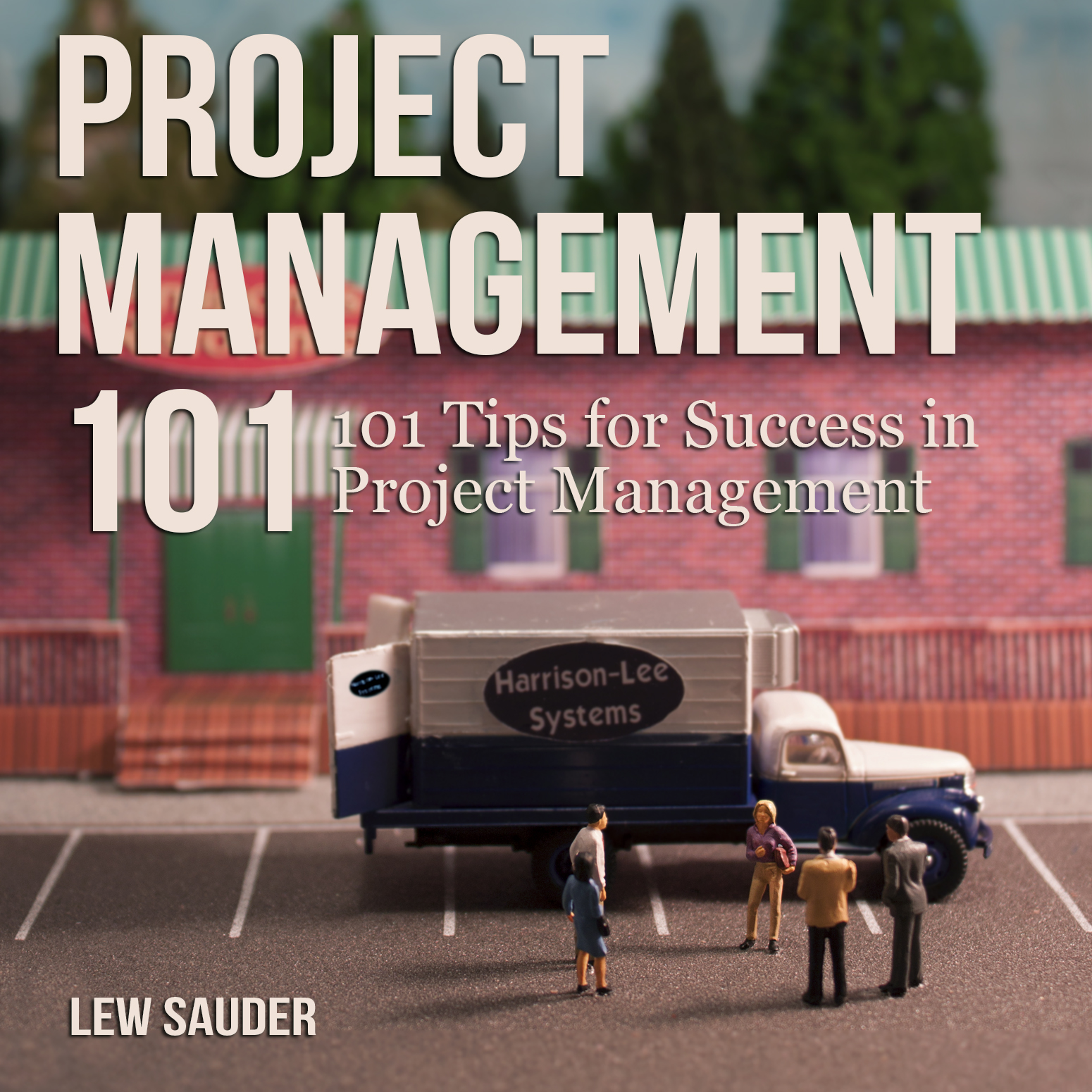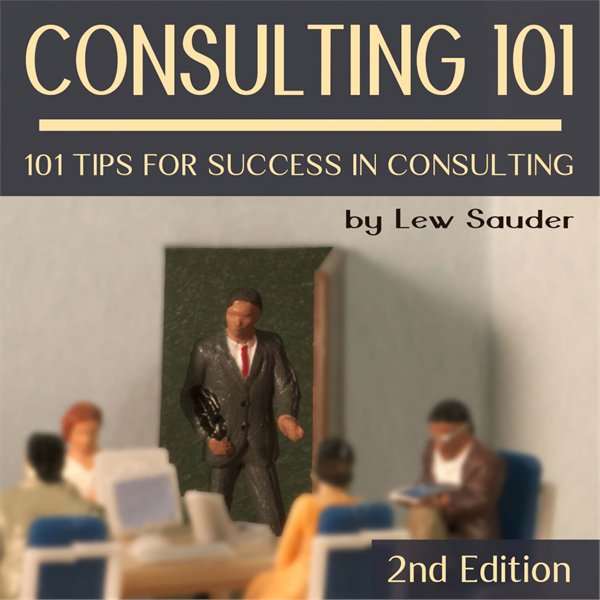In one of my first stints as a project manager, I had someone that had been installed to mentor me. While I knew I had a lot to learn, he seemed to only find situations to criticize. I found this person to be inflexible and focused on the negative. I vowed that if I were ever in that role, I would handle it differently. I hope that I have.
Giving back
In whatever line of work you choose, as you develop experience and grow in the role, you develop some expertise. This comes from a lot of mistakes and lessons learned from them.
As you attain a certain level of lessons learned, it is important to give back and help those that are starting out. Hopefully they will appreciate it and pay it forward someday. In addition, you’ll be amazed by how good it makes you feel to help someone else out.
Taking less experienced project managers under your wing
Remember back to the first project you managed. You may have observed project managers that you worked for and felt you could do better. But you never realize the responsibilities and demands of the job until you are fully embedded in it.
Now, as you watch people taking on one of their first projects, take a moment to empathize. They may not have had proper training or coaching. Even if they have, they are in a situation where they have to learn as they go.
Make sure they want to be mentored
When you spot the fledgling project manager, there may be a tendency to want to straighten them out. You may want to pull them aside and bestow your depth of wisdom upon them. Don’t be surprised if that doesn’t go over well.
No advice, not matter how good and well intentioned, will be heeded from someone who doesn’t believe in your credibility. This is one reason why I’ve never been a fan of assigned mentors. Some organizations randomly select experienced people and match them with someone less experienced and assume the mentoring will simply commence.
Mentoring, like any relationship, needs to form naturally. Trust needs to develop over time. If you go in and start telling someone what they should do, it may not be as effective unless you first develop a trusting relationship.
Advise Without Judging
Once that relationship is established, it is still wise to use diplomacy. Inexperienced people are going to make mistakes. Sometimes it will be obvious to them and sometimes it will not.
You can pull someone aside and tell them they screwed up royally and advise them not to be so stupid in the future. That may or may not get the desired effect. It will also make them fear for their lives of ever making another mistake. That will rule out a lot of future learning opportunities.
A much better approach is to pull them aside and ask if they would do it differently if they had it to do over again. You might even provide a pointer or two, using your past experience. Approaches that teach, but don’t humiliate tend to stick better and allow them to grow.
Show humility
Instead of humiliating them, you can always make them feel better by explaining a time when you were even more embarrassed. It doesn’t need to be a well-that’s-nothing one-upmanship. But describing a time when you screwed up in a similar way can ease the pain a little. It shows them that screwing up is not the end of the world. You can make mistakes and still become successful. In fact, your lesson should show how your past mistakes helped you to grow. The lesson should be that the more mistakes they make the more opportunities for them to learn.
Celebrate successes
Mentoring is not just about helping someone get back on course after they screw up. Despite their inexperience, chances are this person would not have been put in this situation if they had not shown some smarts along the way.
They are bound to do something right – and even very well – every once in a while. It is critical to their growth that you point those situations out too. It is great to pull them aside and say, “You dealt with that difficult person very well. You didn’t lose your cool and handled it very professionally.”
Whenever possible, praise them in public. Simple things like, “That’s an excellent point. I wouldn’t have thought of that,” can be incredible confidence builders.
Let them mentor Back
Regardless of your experience, I’ll bet there are some things they know that you do not. If this person is a generation or more younger than you, they have likely dealt with technology in ways you never have. They may be able to show you some technology tips that you were not aware of. Maybe they can help you make a TikTok video for your kids.
They can also help you learn to work with their generation. Regardless of how you feel about younger generations, they are here to stay. Nobody is forcing you to like them. But the more you understand them, the more successful everyone will be.
Conclusion
Mentoring is an art. Some people use it as a power trip to show off their experience to people with less experience. Mentoring should be about the person you are mentoring. Find out what they need and what they want to learn. Learn from them how they learn best. The objective is to help them. And once you do that, you will get the greatest self-satisfaction.
Who was your favorite mentor in your career?
If you would like to learn more about a career in Project Management, get Lew’s book Project Management 101: 101 Tips for Success in Project Management on Amazon.
Please feel free to provide feedback in the comments section below.
Image courtesy of Stuart Miles at FreeDigitalPhotos.net






0 Comments